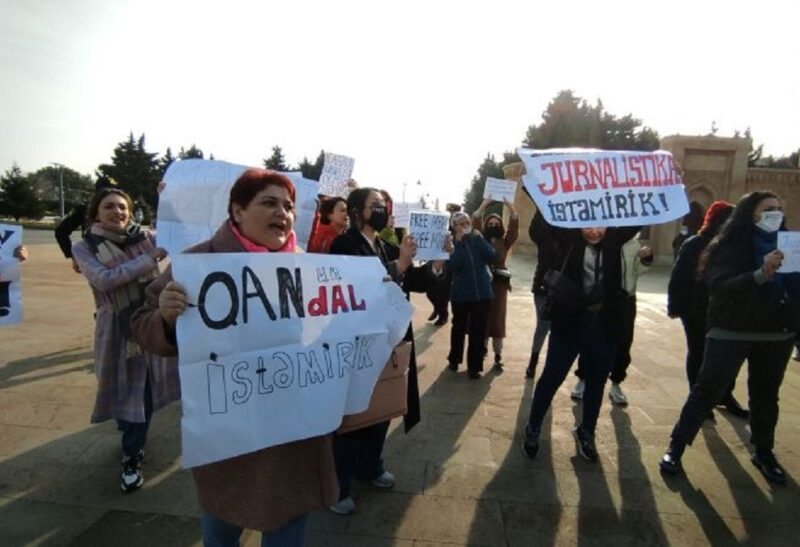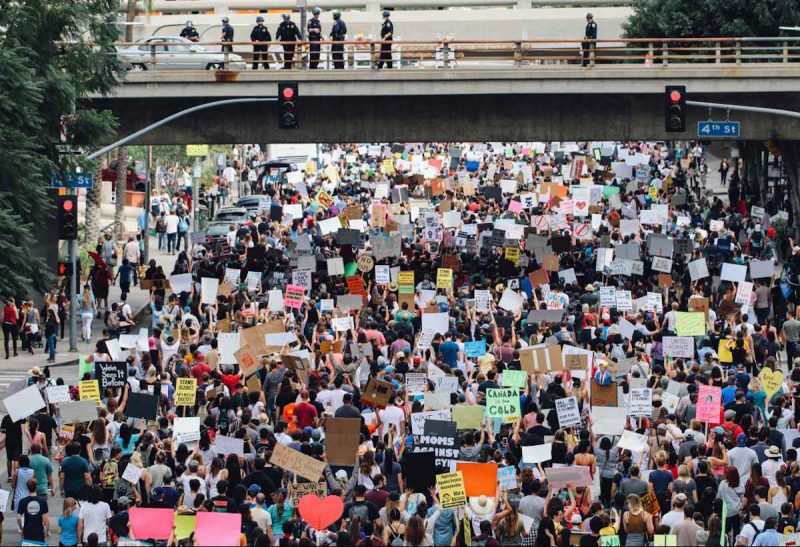Azerbaijan has ignored repeated calls for it to end its crackdown on civil society by international organizations and human rights mechanisms. States must now take concrete action at the 31st session of the UN Human Rights Council, which kicks off on Monday (29 February, 2016). They must support the findings of the UN Commissioner and UN experts, and request an inspection of the country’s situation from the High Commissioner.
It has been eight months since the UN Human Rights Council (HRC) spoke out against the crackdown on civil society in Azerbaijan at the session in June 2015, buoyed by the attention bought to the country by the European Games. Since June, the situation has not improved, as evidenced by mounting calls and worrying reports from
international human rights mechanisms, including UN independent thematic experts.
The Special Rapporteur on human rights defenders and the Special Rapporteur on freedom of association and assembly have repeatedly and forcefully addressed the crackdown against civil society in Azerbaijan. Of such independent experts, especially the ones critical of the country, none have been invited to visit Azerbaijan. It would be much more difficult for Azerbaijan to not engage with the UN Special Rapporteur on Azerbaijan.
The deteriorating human rights situation in the country has been documented by dozens of independent reports from non-governmental organisations.
On 8 September 2015, even the UN High Commissioner for Human Rights, Zeid Ra Al’Hussein,
condemned the human rights abuses in Azerbaijan
. The Council of Europe Commissioner for Human Rights has repeatedly called on Azerbaijan to stop its crackdown against civil society and raised his voice to call for the release of the leading civil society actors in prison.
Mounting reactions from independent international monitoring tools reflect the dire situation in Azerbaijan and the ongoing crackdown on civil society. The positive news about
Leyla
and Arif Yunus`s release is, unfortunately, no sign of general improvements in the country.
The warning signs in Azerbaijan are well-documented and need to be addressed now. The threshold for a country’s human rights record to be examined at the HRC should not be moved up to the horrors of Syria, the tragedy of Burundi, or the chaos of Libya. These crises should prove that it is impertinent for the international community to wait to take action, and that a strong unified response by states and international organizations should come early to prevent situations from deteriorating.
The Council of Europe failed to address the situation in Azerbaijan when it had the possibility to do so, namely during Azerbaijan’s Chairmanship of the Committee of Ministers in 2014. At that time, a firm reaction from the Council of Europe, from a majority of its members and from its Secretary General, could have stopped the further imprisonment of human rights defenders.
Just as the cases of human rights defender Rasul Jafarov and lawyer Intigam Aliyev have been dismissed at the Supreme Court in Azerbaijan, the Council of Europe arguably does not have the leverage and the political strength to address Azerbaijan. It is overshadowed by the ongoing conflict between Russia and Ukraine, and its voice is not heard.
The HRC must avoid such failings; it has the opportunity address the situation at the session in March, and it must seize this opportunity.
The UN is founded on the principle of universality. This implies that the UN Human Rights Council must address the human rights situation in a country where violations have reached a level of repression that calls for universal attention.
The credibility of the international system relies on states taking up such situations; when calls of the High Commissioner on the respect of fundamental freedoms remain ignored by any State, other states must use their political weight to support the High Commissioner’s findings and provide him with the ability to report to the Human Rights Council. States now must request a High Commissioner inspection of the country’s situation and thereby show to Azerbaijan that the crackdown on civil society is taken seriously.
Azerbaijan will not want to be under further inspection. Proposals for measures such as a Special Rapporteur on Azerbaijan may therefore spur the authorities to begin to engage meaningfully with existing international measures and the High Commissioner. These measures could help to reverse the policies that have been put in place since 2009, and compel the Azerbaijani authorities to release those they have arbitrarily detained.
Existing international mechanisms have failed to have an impact. It is therefore time for states to stand up at the Human Rights Council and call for further and more effective measures to address the situation in Azerbaijan.
The views expressed in this article are the author’s own and do not necessarily reflect Meydan TV’s editorial policy.



